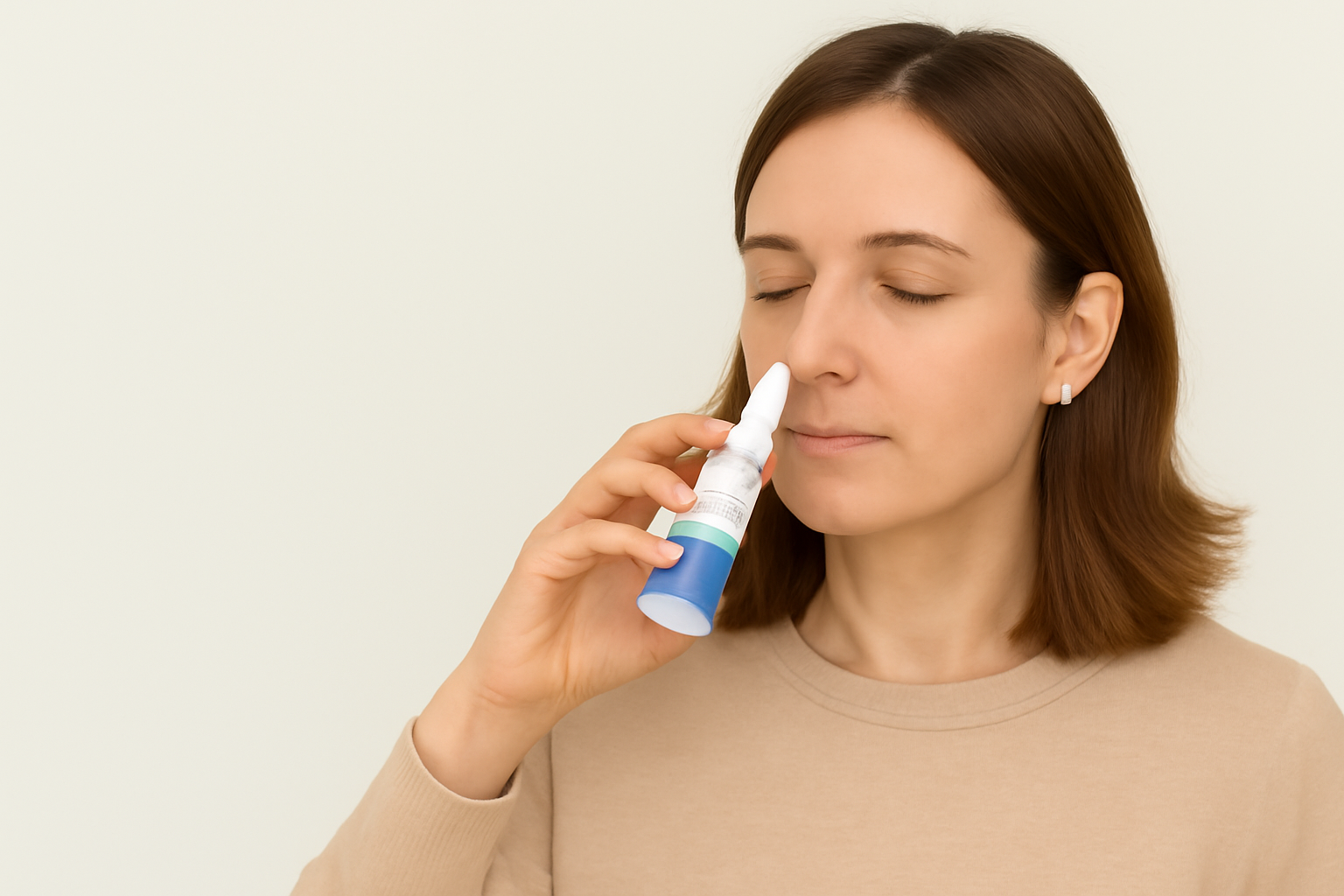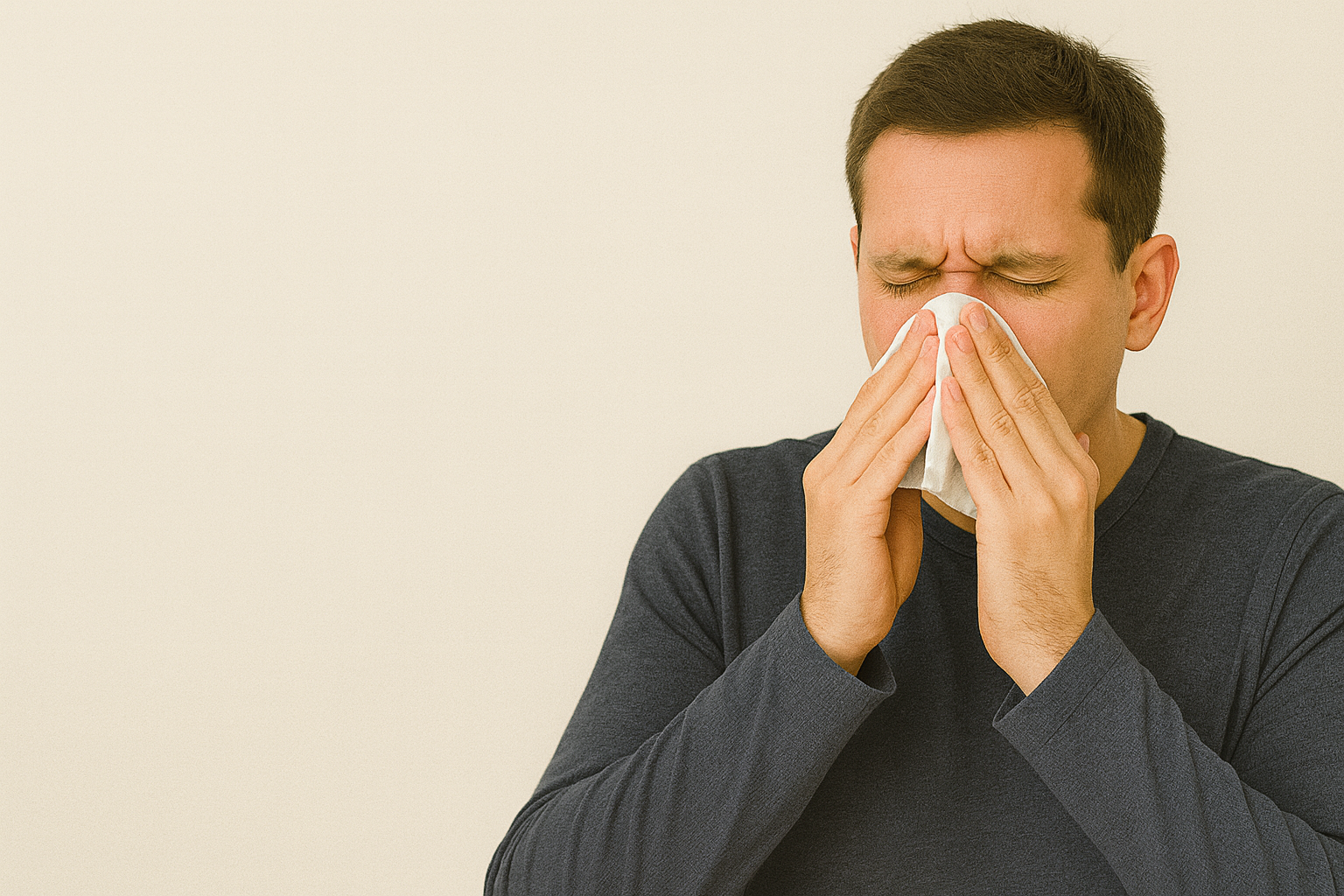As of May 2020, there were no approved medicines for treating COVID-19. Most interventions focused on:
- Oxygen therapy for severe cases
- Mechanical ventilation for respiratory failure
- Hemodynamic support for septic shock
Given the urgency, researchers globally focused on repurposing existing drugs — treatments already approved for other conditions that might inhibit SARS-CoV-2.
Major Trials at a Glance
World Health Organization SOLIDARITY Trial
- Global study launched in March 2020
- Tested four therapies: remdesivir, hydroxychloroquine, lopinavir/ritonavir, and interferon beta
- Aim: reduce clinical trial duration by coordinating across countries
Australian ASCOT Trial
- Led by the Peter Doherty Institute
- Enrolled hospitalized COVID-19 patients (not in ICU)
- Studied hydroxychloroquine and lopinavir-ritonavir combinations
Key Categories of Experimental Treatments
Monoclonal Antibodies
- Tocilizumab (Actemra) and Sarilumab (Kevzara): IL-6 inhibitors aimed at controlling cytokine storm
- Meplazumab: blocks virus entry via CD147 receptor, shown promising results in early Chinese trials
- Vir Biotechnology: explored SARS-survivor-derived antibodies
Immunosuppressants & Anti-inflammatories
- Baricitinib: JAK inhibitor with potential to reduce inflammation and virus entry
- Concerns: Possible interference with interferon-mediated antiviral response
Antivirals
- Remdesivir: Promising early results in reducing time to recovery
- Favipiravir (Avigan): Originally developed for flu; studied in Japan and China
- Umifenovir (Arbidol): Common in Russia/China, limited evidence elsewhere
- Camostat mesylate: Blocks virus entry enzyme TMPRSS2
Antiretrovirals
- Lopinavir/ritonavir (Kaletra): Mixed results; some benefit if used early
- Darunavir/cobicistat: Donated for trials, but no evidence of efficacy
Antimalarials: High Hopes, Mixed Results
- Chloroquine & Hydroxychloroquine saw widespread use early on
- Early lab results were promising, but clinical trials showed limited or no benefit
- WHO and governments later restricted or stopped use based on safety concerns
Antimicrobials & Antiseptics
- Azithromycin: Often combined with hydroxychloroquine; no strong evidence on its own
- Teicoplanin: Glycopeptide antibiotic shown to block virus entry in lab studies
- Povidone-Iodine (PVP-I):
- Effective as a mouthwash or nasal spray
- Inactivated multiple viruses in 15–30 seconds
- Proposed as a protective hygiene measure for healthcare workers
Other Notable Candidates
- Ivermectin: Showed in vitro effect, but not at safe human doses
- Convalescent Plasma: Donor antibodies showed early promise
- Melatonin: Hypothesized to help reduce inflammation and oxidative stress
- BCG Vaccine: Speculated to lower COVID-19 severity; trials launched
- Cepharanthine and Chlorpromazine: Older drugs explored for antiviral effects
Conclusion
This May 2020 summary captured the urgency and global scope of early COVID-19 treatment efforts. While many therapies showed initial promise, only a few proved effective in rigorous trials.
It reminds us that scientific rigor—clinical trials, safety analysis, and peer review—is vital, even during a pandemic. Several early candidates, like remdesivir and monoclonal antibodies, later became part of standardized COVID-19 care, while others were ruled out.



.png)


.png)